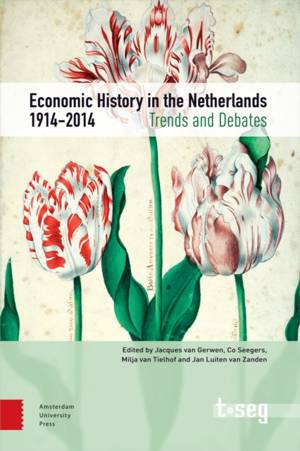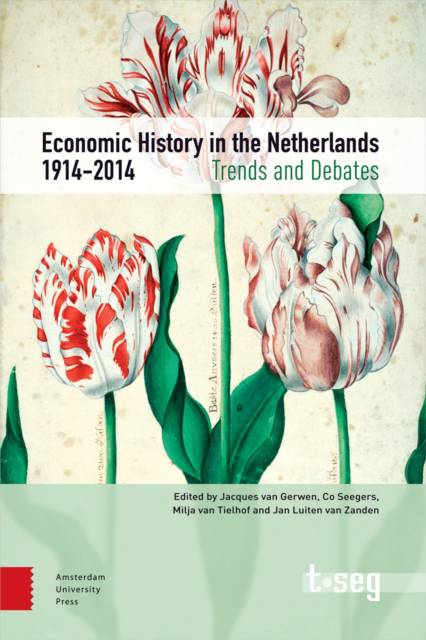
Bedankt voor het vertrouwen het afgelopen jaar! Om jou te bedanken bieden we GRATIS verzending (in België) aan op alles gedurende de hele maand januari.
- Afhalen na 1 uur in een winkel met voorraad
- In januari gratis thuislevering in België
- Ruim aanbod met 7 miljoen producten
Bedankt voor het vertrouwen het afgelopen jaar! Om jou te bedanken bieden we GRATIS verzending (in België) aan op alles gedurende de hele maand januari.
- Afhalen na 1 uur in een winkel met voorraad
- In januari gratis thuislevering in België
- Ruim aanbod met 7 miljoen producten
Zoeken
Economic history in the Netherlands, 1914-2014
trends and debates
Co Seegers, M. van Tielhof, Jan Luiten van Zanden
€ 63,45
+ 126 punten
Omschrijving
Ecstatic Encounters takes its readers to the threshold of Candomblé temples in Bahia, Brazil, where, for many generations -- members of this spirit-possession cult and curious outsiders have been meeting to marvel at each other's otherness.
Specificaties
Betrokkenen
- Auteur(s):
- Uitgeverij:
Inhoud
- Aantal bladzijden:
- 320
- Taal:
- Engels
- Reeks:
Eigenschappen
- Productcode (EAN):
- 9789089646897
- Verschijningsdatum:
- 27/06/2014
- Uitvoering:
- Paperback
- Afmetingen:
- 155 mm x 233 mm
- Gewicht:
- 546 g

Alleen bij Standaard Boekhandel
+ 126 punten op je klantenkaart van Standaard Boekhandel
Beoordelingen
We publiceren alleen reviews die voldoen aan de voorwaarden voor reviews. Bekijk onze voorwaarden voor reviews.









